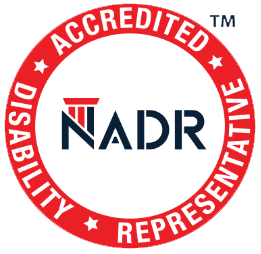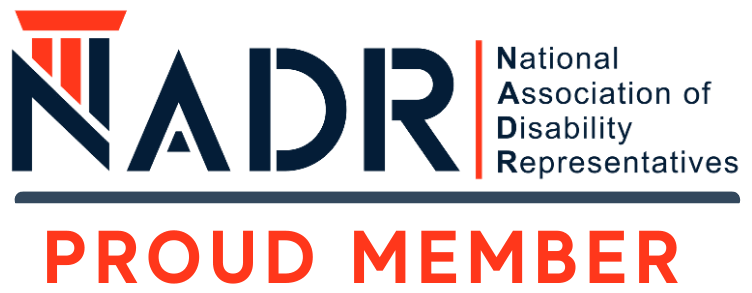Your Social Security disability benefits are not permanent. Whether your long-term disability will eventually improve or remain the same throughout your life, the Social Security Administration (SSA) will periodically conduct continuing disability reviews. These reviews serve to re-verify your eligibility. If the SSA determines that your condition has improved, it may end your payments. You may be subjected to several continuing disability reviews while you receive disability payments. Disability Support Services has extensive experience helping benefit recipients through this process. Contact us to discuss your case and the assistance we can provide during your review.
Read more →Navigating the complexities of disability benefits can be daunting, especially when it comes to understanding how medical conditions are assessed. One critical tool the Social Security Administration (SSA) uses in this process is the “Blue Book.” Officially known as the Disability Evaluation Under Social Security, the Blue Book is a comprehensive guide that outlines the criteria for evaluating whether individuals qualify for Social Security Disability Insurance (SSDI) or Supplemental Security Income (SSI) based on their medical conditions.
Read more →Navigating the complex world of disability benefits can be overwhelming, especially when you’re dealing with health challenges. The complexities involved in understanding eligibility criteria, the application process, and the various types of disability benefits available can often seem like an insurmountable task. Having access to clear and reliable information, as well as expert guidance, can make a world of difference. The role of a disability representative is to support and assist individuals in winning their disability cases.
Read more →Living with a mental illness can significantly impact a person’s life, making it challenging to maintain employment and carry out daily activities. Recognizing these difficulties, the United States provides disability benefits to individuals with mental health conditions. Disability Support Services (DSS) of Maryland aims to provide an overview of disability benefits for mental illness, including the types of benefits available, eligibility criteria, and the application process. Understanding your rights and options can help you access the support you need to navigate your mental health journey.
Read more →Social Security Disability (SSD) benefits stop when you become ineligible to receive them. But the Social Security Administration (SSA) has many standards for eligibility. If you become ineligible under any of these standards, your SSD benefits will end. Here is some information about the rules the SSA uses to determine when Social Security Disability benefits stop.
Read more →As you work through the process of securing your Social Security disability benefits, you might run across the term “functional limitations.” Evidence of a physical, mental, or environmental limitation could help you secure benefits or win an appeal. Here is some information about what constitutes a limitation and how the Social Security Administration (SSA) uses evidence of these conditions.
Read more →When you think about someone who has had a stroke (also called: cerebrovascular accident), you may picture an older person. While it is true it is common in the elderly, some stroke victims are still of working age. According to Stanford Health, as many as 10% of those stroke victims are younger; Saebo and others put it higher at 20%. Strokes don’t always result from something going wrong in your body. They can be due to accident-caused brain injuries or medical malpractice. A stroke is a medical emergency that can impact every aspect of your life. For example, it can mean weeks or months off of work or, in extreme cases, never returning to your job again. You may be wondering when you can return to work after a cerebrovascular accident. If you can’t go back to work right away or at all, what are your options?
Read more →The Social Security Act of 1935 established a mechanism for providing annuity payments to retired workers 65 and older. This Act laid the foundation for the modern Social Security system. The original program supplemented a retiree’s existing nest egg by providing small benefits. Its intent was never to subsidize most of a person’s post-work life. Through the years programs have been added that assist low income and disabled individuals. Disabled individuals’ spouses and children and even the surviving relatives of deceased individuals can receive benefits. Add to that a sharp increase in benefit amounts, and Social Security has become the country’s largest social program. Proponents of the disability programs laud their contribution to the country’s well-being. Its critics, however, argue against both its perceived overpayments to the undeserving and its inconsistent claims approval process.
Read more →Vision problems can affect both your physical and mental abilities to satisfy work requirements. You may struggle to perform basic administrative duties, such as reading communications or completing written tasks. This can make it nearly impossible for you to succeed at work. Your job could require reading product labels and related safety and care instructions, or the ability to drive a vehicle. Eye disabilities that impair these functions could make you a danger to yourself or others. Vision problems – and the resulting struggle through each workday – can also cause stress, anxiety, and depression. These mental hurdles can hinder your ability to focus on your work responsibilities.
Read more →











